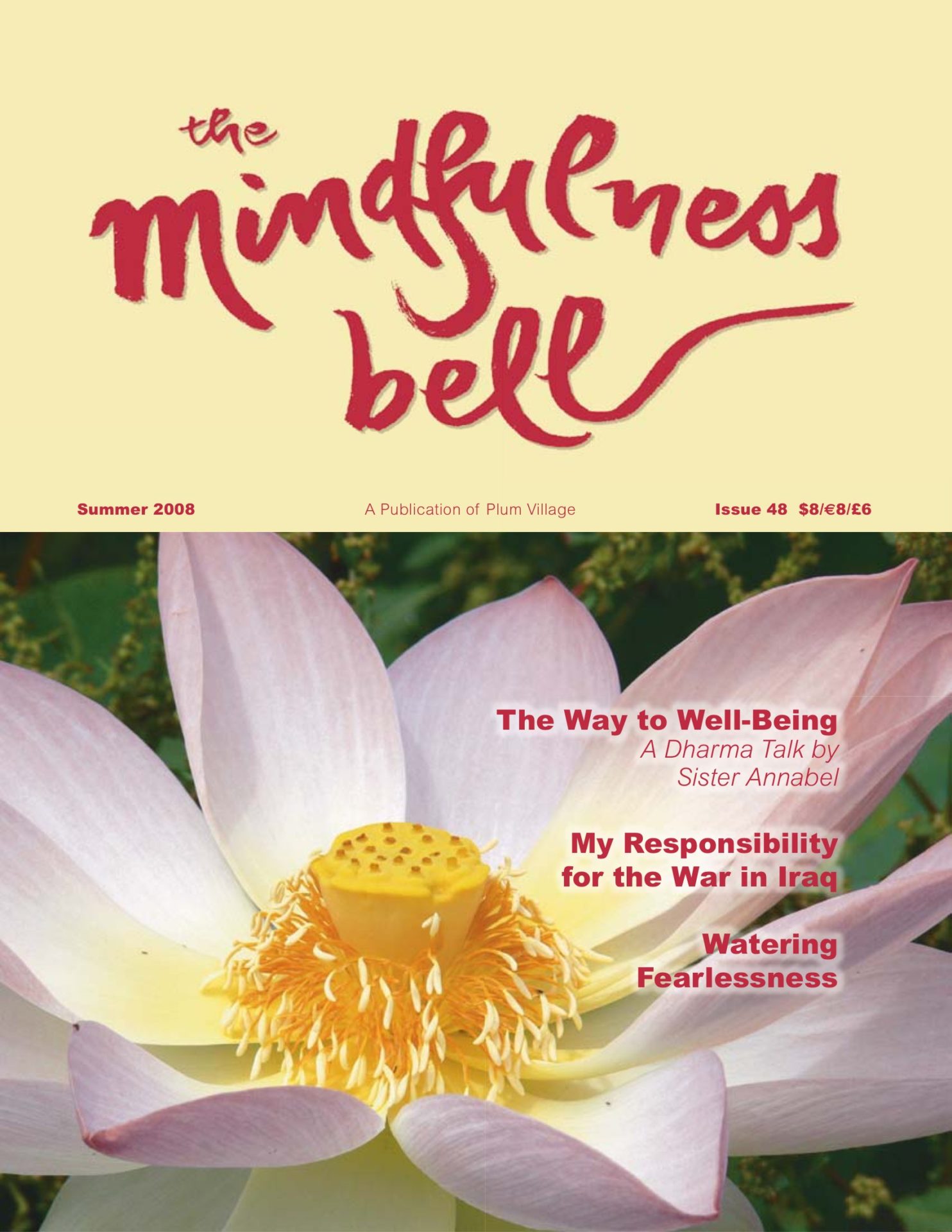By Bruce Campbell
What Sacrifices?
But I haven’t really done anything about it. My lifestyle has not changed one bit since the war started. I have not had to make any sacrifices as a result of the war. I have not attempted in any way to help those who have been impacted by the war. And I haven’t gotten involved in the political process to help shape the U.S.
By Bruce Campbell
What Sacrifices?
But I haven’t really done anything about it. My lifestyle has not changed one bit since the war started. I have not had to make any sacrifices as a result of the war. I have not attempted in any way to help those who have been impacted by the war. And I haven’t gotten involved in the political process to help shape the U.S. government’s position on the war. So, I’ve decided that it is time for me to do a few things with respect to the war in Iraq.
First, I am determined to keep in touch with the suffering of the U.S. service men and women in Iraq and with the suffering of the Iraqis and others impacted by the war. This does not mean that I can’t enjoy my idyllic life in Boulder, or that I should be remorseful or angry. But it does mean that I need to cultivate a sense of connectedness to what is happening. And I will try and find a way to have some direct interaction with those who are suffering.
Second, I am determined to find a way to help those who are impacted by the war. I will need to explore this in coming months, but it will at least include donating time and/or money to charities that are involved in assisting veterans and Iraqis.
Finally, I am determined to get more involved in the political process in the U.S. I am still feeling my way around this one, as I don’t want to create more aggression through political action. I do not believe in denouncing others for their views. I am not interested in action that encourages anger or division, but I would like the voices of non-violence and compassion to be heard.
Taking Action
I am still in the process of exploring how I can best turn my expressed intentions into action. As a first step, I shared my concerns by e-mail with family, friends, and members of the wider Sangha. It was difficult to open up in this way to so many people, especially to people outside the safety of our local Sangha meetings.
But the results have been heartening. I have initiated dialogs with people that I might not have otherwise considered as sources of information and support with respect to these issues. Many people shared their own experiences and heartfelt thoughts on Iraq and war in general. Perhaps most importantly, the public expression of my aspirations strengthened my resolve to take action.
I also received some practical feedback about people and organizations that I could contact to help me turn my expressed intentions into action. Here are just a few:
- The List Project (www.thelistproject.org) aims to resettle Iraqis that have become targets of violence due to their support of the U.S. effort in Iraq.
- The American Friends Service Committee (www.afsc.org/iraq/default.htm) is sponsoring a “Wage Peace Campaign,” which offers direct assistance to Iraqis (including resettlement of refugees) and resources to support political action for peace.
- The Coming Home Project (www.cominghomeproject.net) offers mindfulness-based retreats and counseling for Iraq and Afghanistan veterans and their families.
- The Buddhist Peace Fellowship is developing a directory of sanghas for veterans; it also has resources available to help educate sanghas about working with veterans (www.bpf.org).
Through his contact with Thay and time spent at Plum Village, Anshin Thomas experienced how a mindfulness practice and a supportive community could help to transform the suffering from his violent past. And although I cannot pretend to understand the depths of Anshin Thomas’ suffering, I have touched in my own life the transformative power of Thay’s teachings and the Sangha’s love.
So, over the past couple of months, I have focused my efforts on making the practice and community we share accessible to veterans returning from the current wars in Iraq and Afghanistan. In our greater Sangha, I have talked to Vietnam veterans and a veteran of the Gulf War who are willing to share their practice with our most recent veterans. In Colorado, we are organizing a group of Sangha members that want to help facilitate programs for veterans. We have the Mindfulness Trainings to guide us, and decades of collective experience in peace work through engaged Buddhism.
I am a part of the Iraq war, and the Iraq war is a part of me. I am, therefore, responsible for healing the suffering it has caused— in myself, in those around me, and in those far away. I am deeply grateful that so many resources are available to help me heal and transform that suffering and to prevent more wars from happening.
Bruce Campbell, Freedom of the Heart, lives in Boulder, Colorado where he practices with Mountain Stream Sangha. He is an attorney and a core member of the Colorado Community of Mindful Living. He can be reached at Bruce.Campbell@bdclaw.com.

